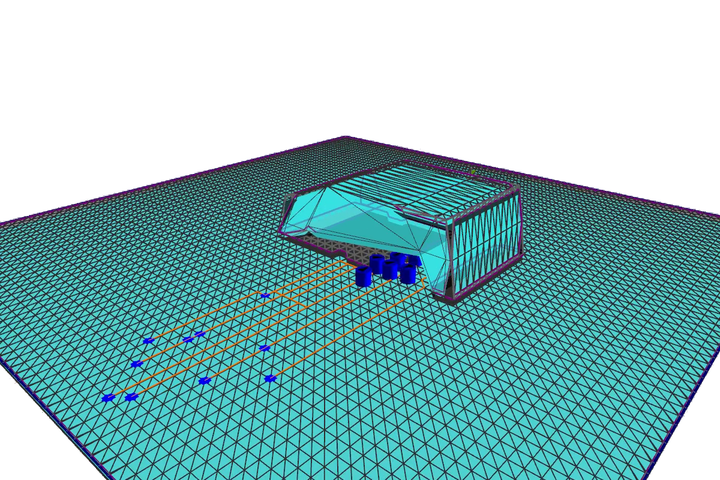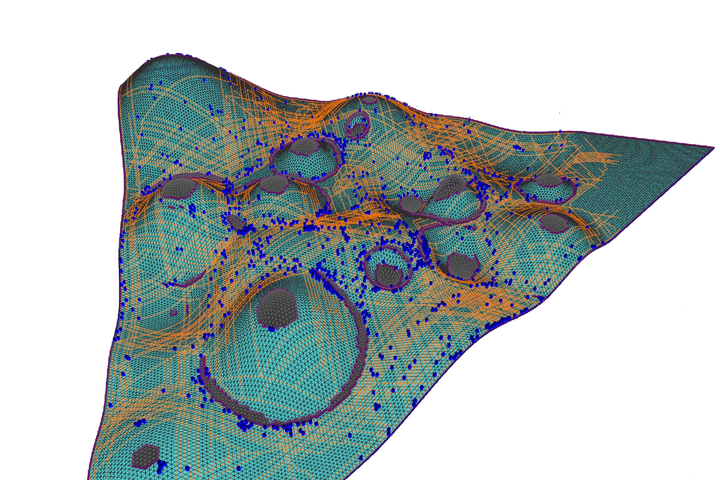- Tue 14 November 2017
- Publication
Evaluating and Optimizing Evacuation Plans for Crowd Egress
Vincius J Cassol, Estêvão Smania Testa, Cláudio Rosito Jung, Muhammad Usman, Petros Faloutsos, Glen Berseth, Mubbasir Kapadia, Norman I Badler, Soraia Raupp MusseEvacuation planning is an important and difficult task in building design. The proposed framework can identify optimal evacuation plans using decision points, which control the ratio of agents that select a particular route at a specific spatial location. The authors optimize these ratios to achieve the best evacuation based on a quantitatively validated metric for evacuation performance. This metric captures many of the important aspects of an evacuation: total evacuation time, average evacuation time, agent speed, and local agent density. The proposed approach was validated using a night club model that incorporates real data from an actual evacuation.


